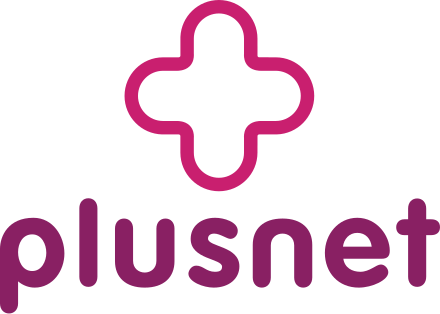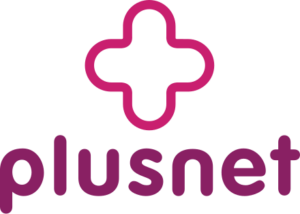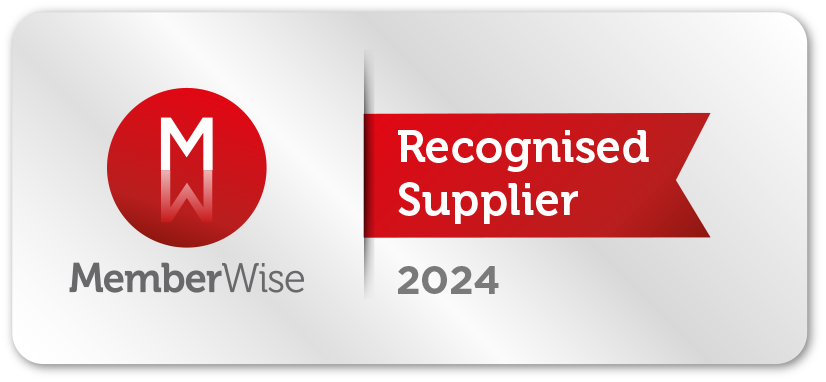Every business is different. The way you work, the systems you rely on, the quirks in your data. They do not always fit neatly into off-the-shelf software. That is why many organisations still run Delphi systems, even decades after they were first built. The big question is how to keep them reliable, secure, and useful as technology changes.
At SMXi, we have helped businesses get more life out of their Delphi applications without losing what makes them valuable. Here is how.
Why Delphi Still Matters
Delphi has been around since the mid 90s. It was built for speed, stability, and flexibility. Many of the systems built back then are still in daily use. Finance teams, charities, and operations departments often depend on them.
The problem? Technology moves on. Windows updates, database changes, and new security rules can all put pressure on older code. That does not mean these systems are finished. With the right care, they can carry on thriving.
Common Challenges We See
When clients come to us with legacy Delphi systems, the issues often look familiar:
- Compatibility problems. Newer versions of Windows or databases will not always work with old builds.
- Performance slowdowns. What felt lightning fast years ago might now creak under modern workloads.
- Security risks. Unsupported components and old frameworks can leave gaps.
- Hard to find expertise. Many developers have moved away from Delphi, leaving businesses unsure where to turn.
How We Tackle Them
We do not believe in ripping everything out just because it is old. Instead, we focus on smart fixes and gradual improvements. Some of the ways we have helped include:
- Updating code to run on modern versions of Firebird, SQL Server, and Windows.
- Replacing fragile parts with stable, well supported components.
- Building APIs so Delphi systems can talk to new tools, CRMs, and cloud services.
- Adding security patches and stronger authentication to protect sensitive data.
- Creating hybrid setups where legacy Delphi code runs smoothly alongside newer web apps.
The result? Businesses keep the systems they know, while gaining the benefits of modern technology.
Real World Results
One finance team we worked with had a Delphi system handling all their Gift Aid submissions. It was solid but stuck on outdated database drivers. We upgraded the backend, rewrote the fragile parts, and built a secure bridge to HMRC’s online service. They kept the same familiar screens, but the system now runs faster and is fully compliant.
Another client needed their Delphi membership software to work with mobile apps. Instead of replacing everything, we built an API layer. Now their members can use a modern portal while the Delphi code quietly keeps everything running in the background.
Advice You Can Use Today
If you are still running Delphi:
- Audit your system. List what still works, what breaks, and what needs modernising.
- Check dependencies. Database versions, Windows compatibility, and security patches are key.
- Plan gradual upgrades. It is often cheaper and safer to improve step by step than replace everything at once.
- Find the right partner. Look for developers who know Delphi and modern technologies. That mix matters.
Where We Fit In
At SMXi, we specialise in keeping legacy systems like Delphi alive and relevant. We understand the codebase, we know the modern platforms, and we work with you to make sure your software supports your business instead of holding it back.
Want to explore what is possible with your Delphi system? Take a look at our Delphi Support Pages or get in touch. We will help you figure out the best path forward.
Frequently Asked Questions
- How long does it take to implement? – Most projects start to deliver within weeks, with full systems live in months.
- What makes SMXi different? – We focus on fit, building tools that match your exact process.
- Can you support us long term? – Yes, with hosting, monitoring and updates included.
Talk to SMXi
Ready to see how this could work for you? Get in touch and let us show you a plan that fits.
























 © 1990-2026 Systematic Marketing Ltd
© 1990-2026 Systematic Marketing Ltd